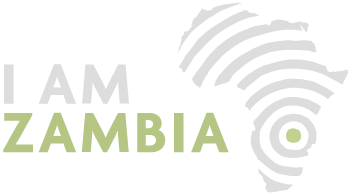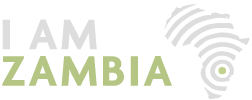OUR STORY
We’re Raising $50,000
Be part of breaking the generational cycle of poverty and donate today! With your help, we can reach our goal.
- 39%
Allocation of 2024 Donations
- Laptops for each student at IAZ academy.
- Paying our teachers.
- Paying student tuition.
- Small farming initiative.
- More desks for our students.
- Enhanced curriculum for our Village Academy.
RISING OUT OF POVERTY
RISING OUT
OF POVERTY
2017
- I Am Zambia began.
- Opened the girls business entrepreneurship school.
- Purchased land in Mwembeshi for primary school.
- Built container school in village.
2018
- School started in the village.
- 1st grade classes began with 20 students.
- Built medical clinic.
- Clinic services 17 villages and 25,000 people.
2019
- Built amphitheater.
- Built womens center/staff housing for the clinic.
- Expanded the Lusaka Business and Entrepreneurship school to new location.
- Opened restaurant.
2020
- COVID restructuring year.
2021
- Built a three-classroom block.
- Built an ablution block.
- Installed water projects-providing the clinic and primary school with water, as well as thousands of people in the surrounding area.
- Garden projects – sized gardens on the property to feed the community and sell produce to help support the primary school.
- We planted a football field.
- Broke ground for new classrooms in village.
- Became Teveta certified for the business entrepreneurship school.
- Accredited to teach: cosmetology, ICT, Food production and Fashion design.
RISING OUT OF POVERTY
RISING OUT
OF POVERTY
TEVETA-certified
2017
- I Am Zambia began.
- Opened the girls business entrepreneurship school.
- Purchased land in Mwembeshi for primary school.
- Built container school in village.
2018
- School started in the village.
- 1st grade classes began with 20 students.
- Built medical clinic.
- Clinic services 17 villages and 25,000 people.
2019
- Built amphitheater.
- Built womens center/staff housing for the clinic.
- Expanded the Lusaka Business and Entrepreneurship school to new location.
- Opened restaurant.
2020
- COVID restructuring year.
2021
- Built a three-classroom block.
- Built an ablution block.
- Installed water projects-providing the clinic and primary school with water, as well as thousands of people in the surrounding area.
- Garden projects – sized gardens on the property to feed the community and sell produce to help support the primary school.
-
We planted corn on a plot the size of one football field.
- Broke ground for new classrooms in village.
- Became TEVETA-certified for the business entrepreneurship school.
- Accredited to teach: cosmetology, ICT, Food production and Fashion design.
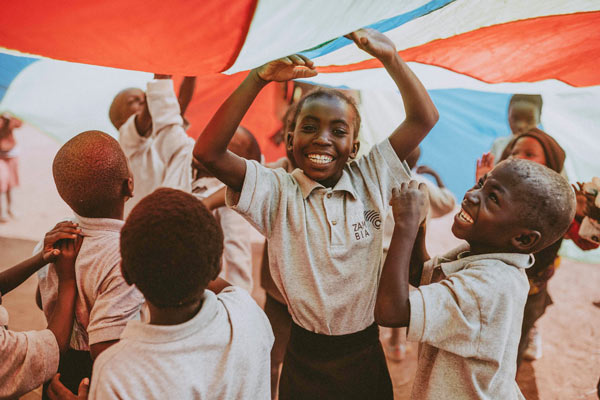
CREATING MODERN SOLUTIONS FOR
ANCIENT PROBLEMS
Adolescent girls are among the most vulnerable and marginalized groups in Zambia. These girls face enormous hardship simply due to being female and young.
In addition to poverty and disease, they are often denied education and are subject to trafficking, exploitation, child marriage, and early motherhood.
%
WOMEN MARRY BEFORE AGE 18
%
PREGNANCY IN GIRLS 15-19
%
COMPLETE ELEMENTARY
%
COMPLETE HIGH SCHOOL
%
ILLITERACY RATE OF WOMEN 15-24
ENTREPRENEURSHIP
& JOB CREATION
Educated women can lift their families and their communities out of poverty.
At our Entrepreneurship Academy, we equip our young women with computer skills, English literacy, and tools to compete in local and global markets so they can build prosperous communities. We help our graduates get jobs, start businesses, enroll in advanced degree programs, and pair them with local mentors to help them succeed.
We also provide various internships so these women can receive hands-on training that can be utilized in many business settings.
While they practice the techniques required for each job, they are also learning essential entrepreneurial skills – time management and organization, bookkeeping and financial planning, as well as marketing and customer service.

INVESTING IN
COMMUNITY
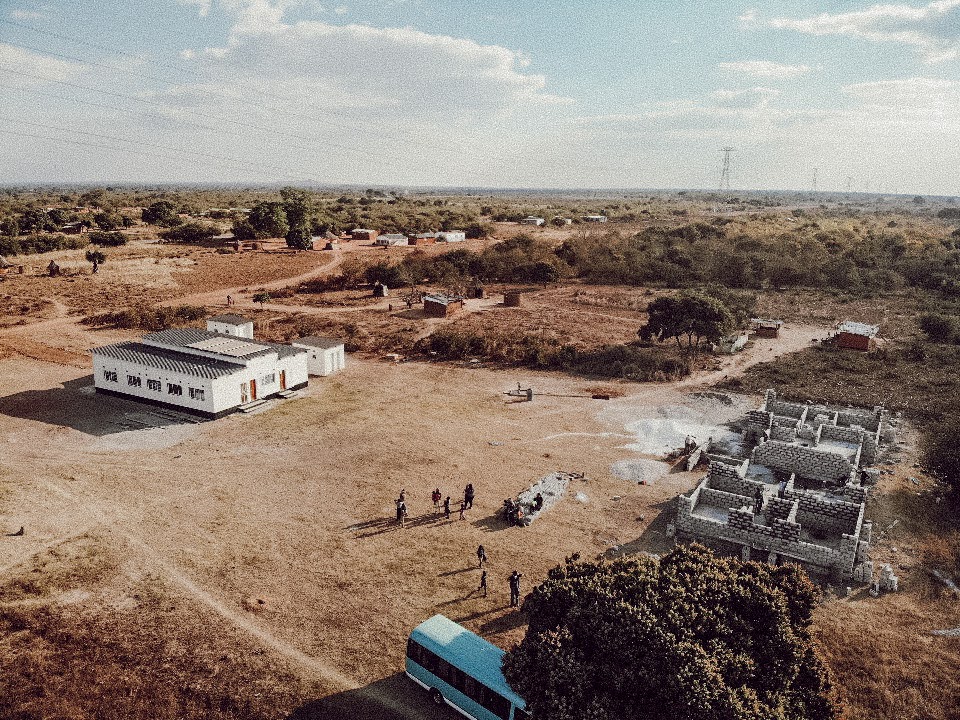
CREATING
SUSTAINABILITY
Most of the poorest Zambians live in remote villages where basic necessities like clean water, education, medical care, and food are scarce.
Since 2017, we’ve partnered with the village in Mwembeshi, Zambia to help alleviate some of the more critical problems so that villagers have access to greater opportunities and resources right in their own community.
MEDICAL CLINIC
In coordination with the Zambian Ministry of Health and funded by generous donors, local villagers and volunteers were able to build the Harper Anne Clinic in 2018.
Dr. Ackim Mwaba and his staff see over 500 patients a month, and every Friday, over 100 kids line up to get vaccinated.
Since the clinic has opened, over 250 babies have been born and no infant nor maternal deaths have occurred.


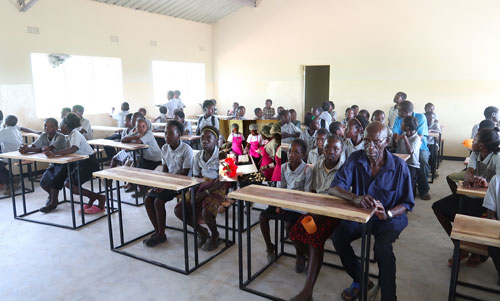
PRIMARY SCHOOL
The kids in the village had never been to school before and had little hope of ever becoming literate, properly educated, or eventually getting good jobs to support their families.
This coming year, those same students will begin 4th grade and are multiplying into the hundreds and reading English books at the I Am Zambia Academy at Mwembeshi Bridge.
These are brilliant, engaged children who just needed an opportunity to learn. Their families value education and were most excited that we allow girls to go to school and not just boys.
Our goal for 2021 is to get the kids on laptops to give them the ability to compete with children going to any other school.
IT STARTS WITH
CLEAN WATER
TACKLING THE WATER CRISIS
In many remote areas of Zambia, women travel over 3 hours a day to fetch water. In many cases, even that water is contaminated with bacteria and viruses—particularly diarrhea and cholera, which are among the most common sicknesses negatively affecting school attendance and dropout rates, and more.
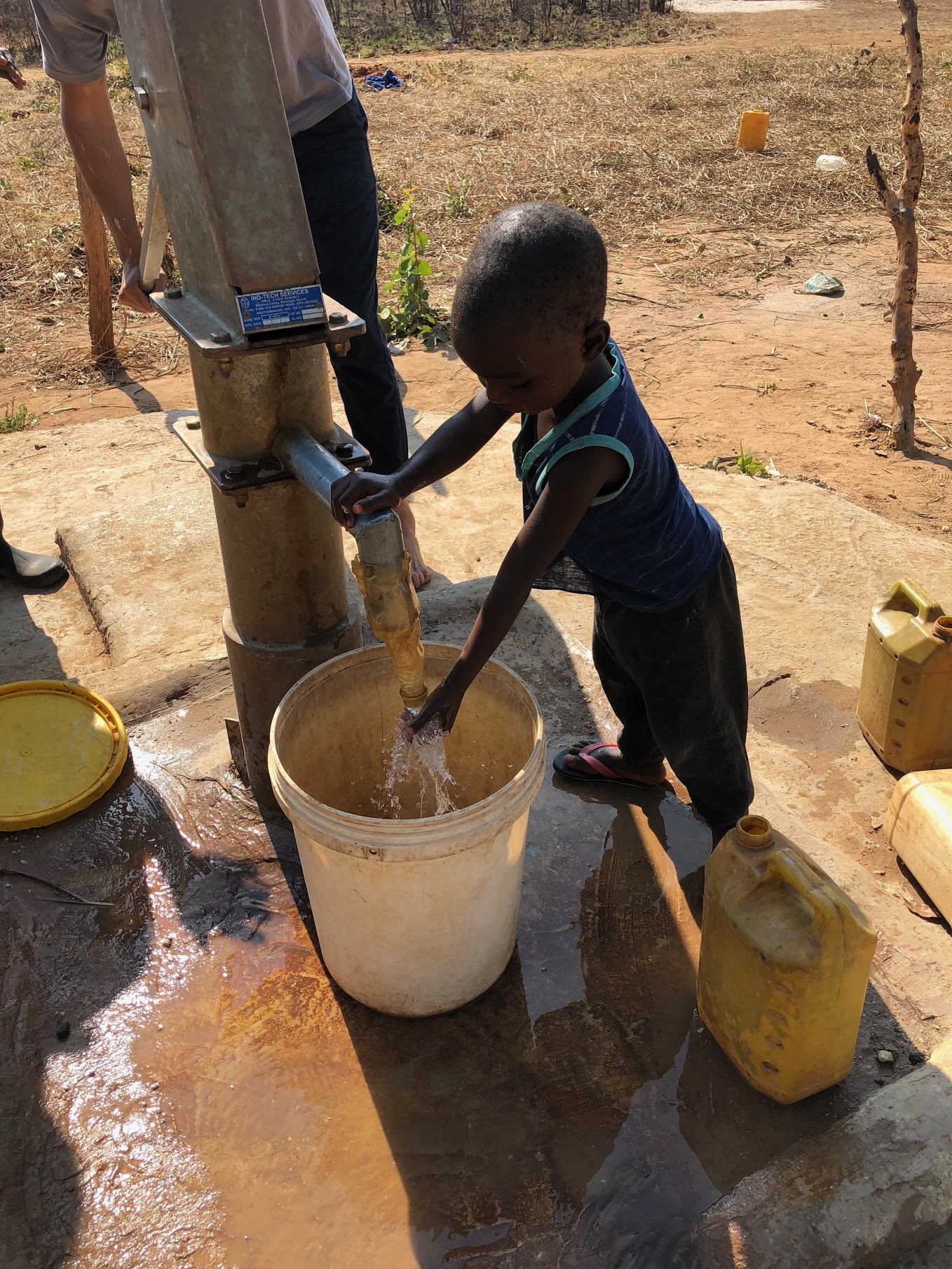
The Sanitation Situation in Many of Our Communities is Heartbreaking.
- Use basic drinking water services (urban areas) 87%
- Use basic drinking water services (rural areas) 49%
- Use basic sanitation services (urban areas) 41%
- Use basic sanitation services (rural areas) 28%
- Practice open defecation* (urban areas) 1%
- Practice open defecation* (rural areas) 16%
- Access to basic hygiene services** (urban areas) 36%
- Access to basic hygiene services** (rural areas) 15%
* Although it is unlawful, this practice is incredibly difficult to regulate and illustrates the need for education
** This refers to a typical handwashing facility with soap and water
2018 Demographic and Health Survey (DHS) in Zambia
A few months ago, we began drilling in the Chiyuni area of the Chibombo district, a rural community struggling with extreme poverty. Fighting this level of poverty starts with nearby access to clean water.
And, while these families (especially women and young girls) now have more time for productivity and better quality of life, this is about SO MUCH more than saving time.
Clean water means more effective gardening, farming, and ranching. Larger, healthier crops can be planted and maintained, and livestock can flourish. Once families are fed, better income can be generated.
Clean water nearby means kids—especially girls—have the more time to go to school. It prevents cholera and diarrhea, which are staggeringly common in these populations.
Zambia’s high rate of child stunting (35%) is in part a result of poor sanitation—clean water leads to adequate sanitation, decreasing the risk of stunting.
Some of the schools here lack access to adequate water supply, and the subsequent lack of sanitation and washing facilities negatively affects students and contributes to high dropout rates—especially among girls. So, access to clean water might mean girls are more likely to remain in school, delay pregnancy and marriage, and have stronger employment opportunities.

QUENCHING MORE
THAN JUST THIRST
Our hand powered drill can start pumping out clean water in 3-4 days. We began drilling in the Chibombo district in October 2020, bringing water to the desperately poor who live in this region.
By having access to much closer, cleaner water, women have the opportunity to use their time more productively, crops can be planted and watered, families fed, and incomes can be generated. Girls especially have the time to go to school, pay school and uniform fees.
YOU CAN HELP.
Your donations fuel projects like these. Please join us in combating these ancient problems with modern solutions.
Make a Difference & Donate Today!
Make a Difference & Donate Today!
